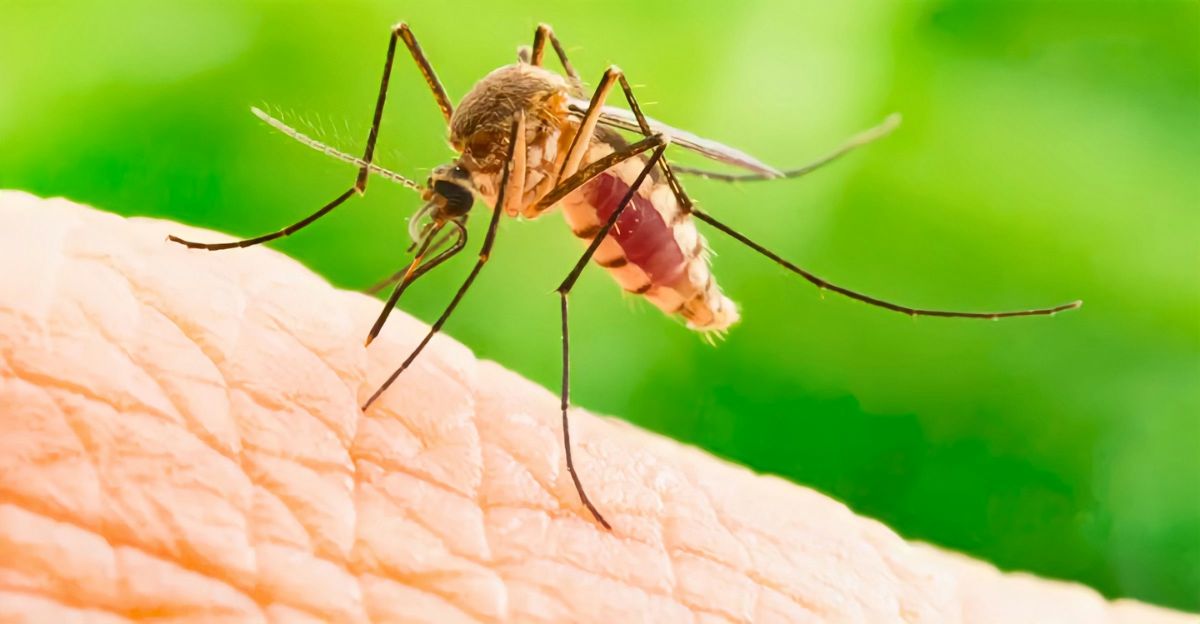
Camping is a cherished pastime for many, as it allows them to get out in nature and escape the hustle of everyday life. However, while the great can be breathtaking, it can also pose a danger in the form of diseases. Being aware of these risks and taking preventive measures can mean the difference between a memorable trip and a disastrous one. Here are 12 diseases to watch out for when camping in the U.S., and how to avoid them.
1. West Nile Virus
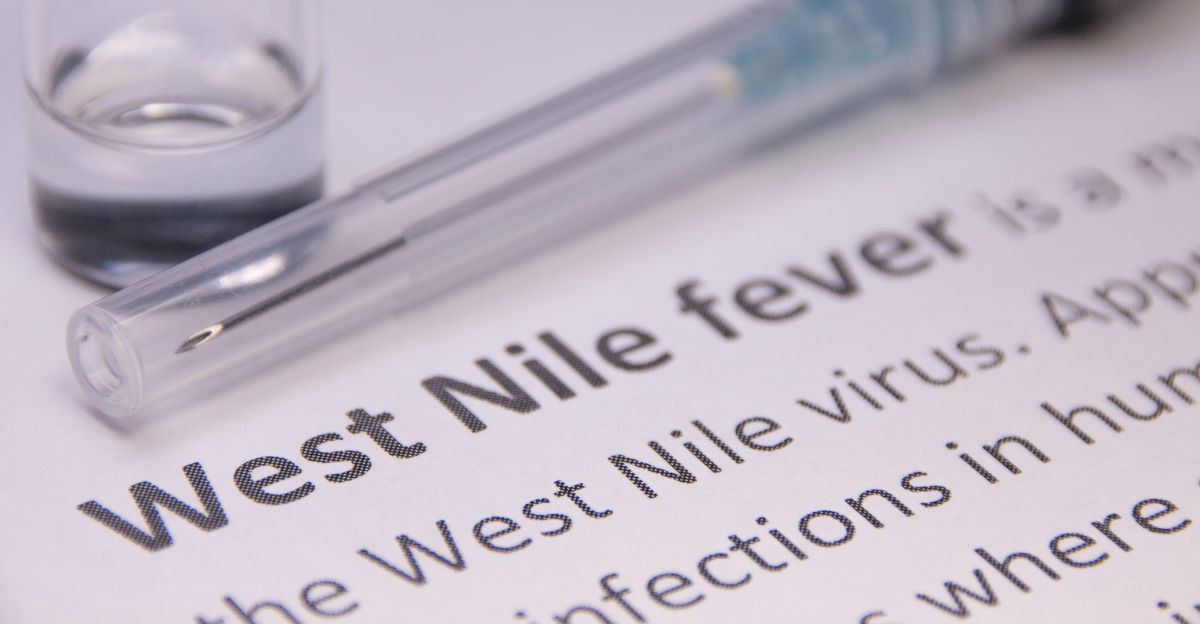
West Nile Virus is transmitted by mosquitoes and is found mainly in states such as California and Texas. Although many infected individuals do not show symptoms, some may experience flu-like symptoms or severe neurological problems. Protect yourself by applying mosquito repellent, wearing long clothing, and avoiding outdoor activities during peak mosquito hours, which is generally at dawn and dusk.
2. Rocky Mountain Spotted Fever

This tick-borne disease is most common in states such as North Carolina and Oklahoma. Symptoms include fever, rash, and muscle pain that can worsen without timely treatment. Check your body regularly for ticks, wear protective clothing, and use insect repellent to minimize your exposure.
3. Hantavirus

Hantavirus, which is transmitted through contact with deer mice droppings, urine, or saliva, is a concern, particularly in southwestern states like New Mexico. It can lead to severe respiratory issues that can be fatal. Avoid areas infested with rodents, keep campsites clean and disinfect surfaces where rodent droppings were found.
4. Giardiasis
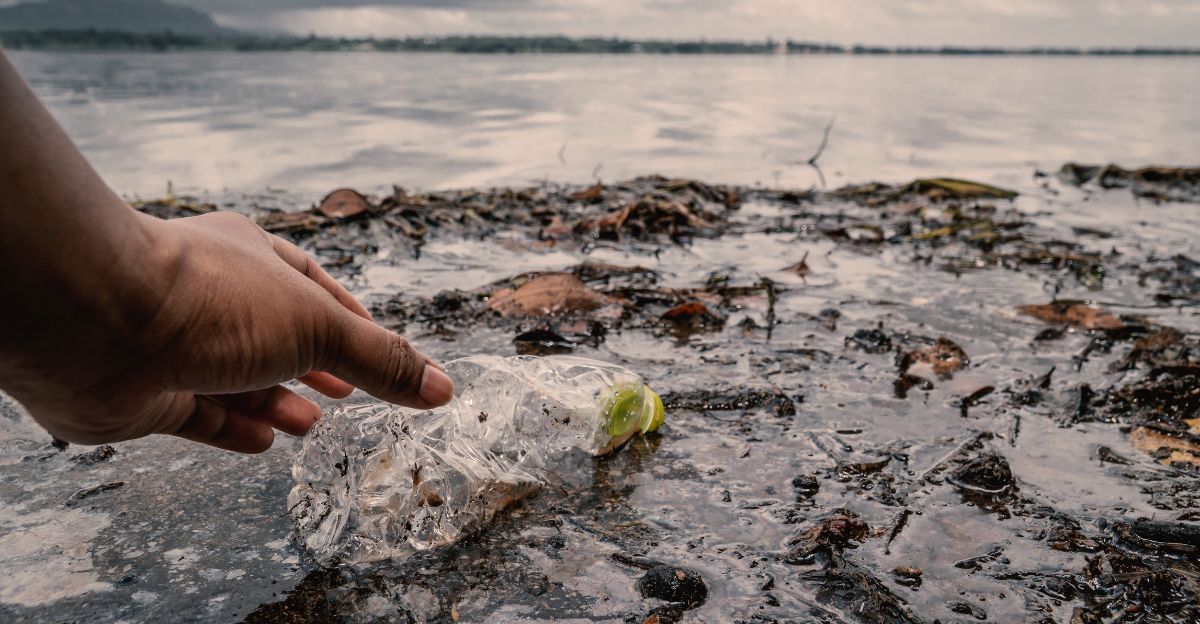
Giardiasis is caused by a parasite found in contaminated water sources such as lakes and streams throughout the U.S. Symptoms include diarrhea and stomach cramps. Always boil, filter, or use purification tablets in water before you drink it.
5. Rabies

Rabies is transmitted through bites or scratches from infected animals and poses a risk across the United States. Early signs include fever and headache but can escalate to serious neurological problems if not treated. Do not approach wild animals, keep pets vaccinated, and seek medical attention right away after being bitten.
6. Tularemia
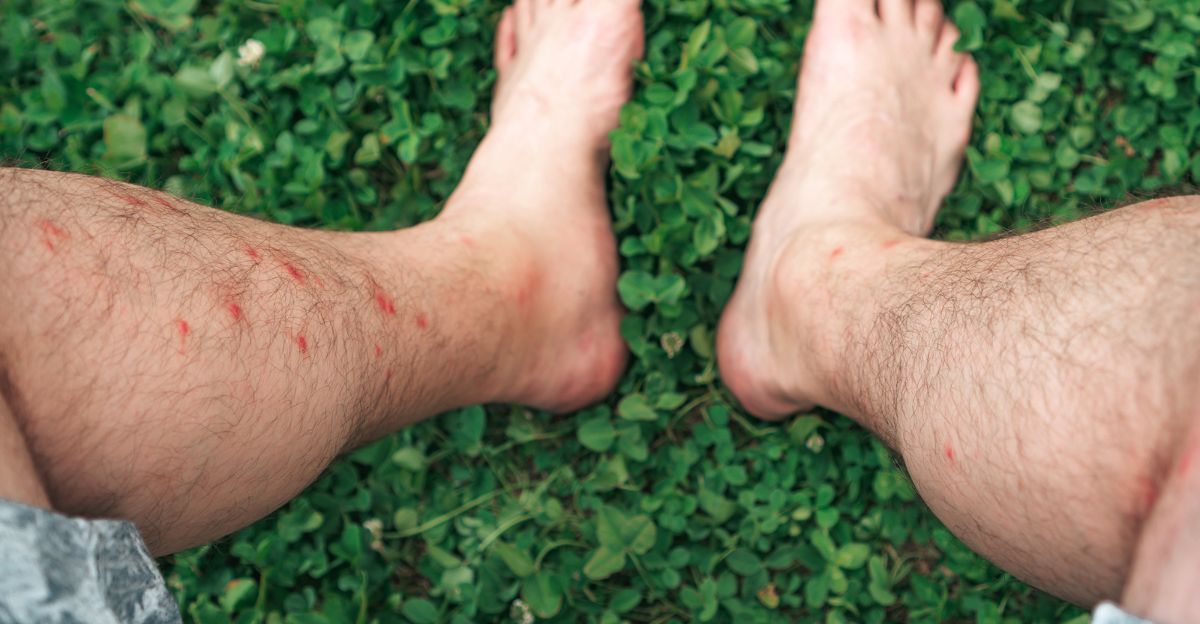
Tularemia is typically contracted through insect bites or handling infected animals, and it is most common in Arkansas and Missouri. Symptoms include fever and enlarged lymph nodes. Avoid insect bites by using repellent and handle animals cautiously to minimize your risk.
7. Poison Ivy, Oak, and Sumac

These are common plants in the U.S. that lead to itchy rashes and blisters when touched. Learn to recognize these plants so that you can avoid them when hiking or pitching a tent.
8. Norovirus

Norovirus quickly spreads through contaminated food or surfaces at crowded campsites, producing stomach flu-like symptoms such as vomiting and diarrhea. Wash your hands frequently and disinfect shared surfaces.
9. Hypothermia
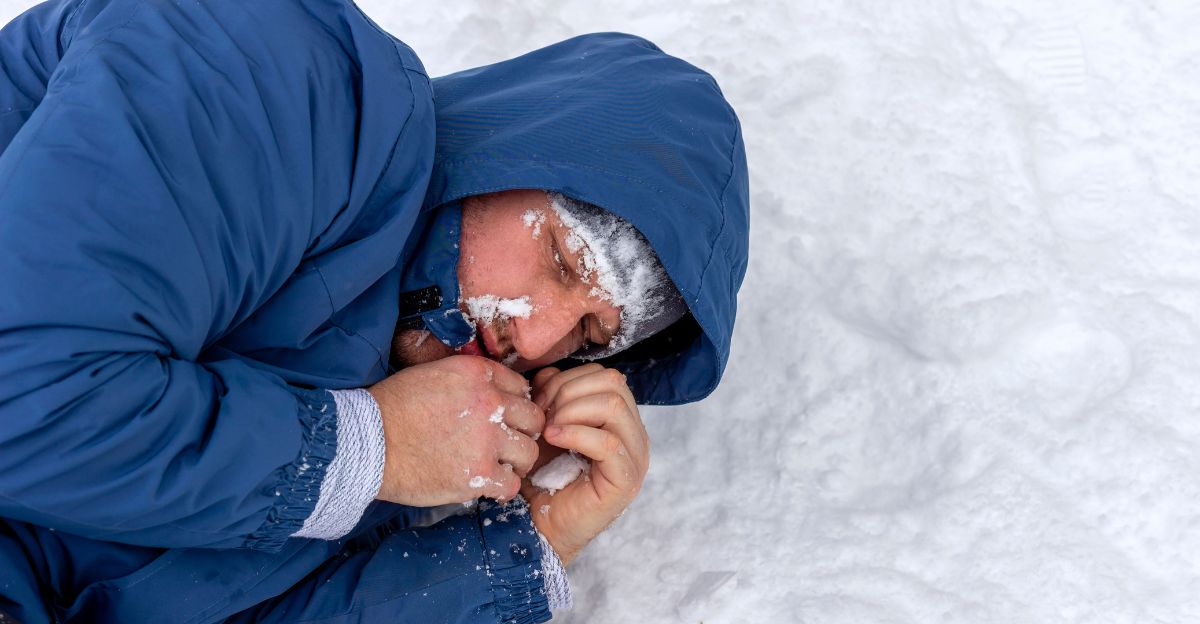
Hypothermia is when your body temperature drops to a dangerously low level due to prolonged exposure to cold weather or wet conditions, especially in mountainous areas like Colorado. Dress in layers, keep dry and refrain from extended exposure to cold environments.
10. Heat Exhaustion

Heat exhaustion is caused by over-exposure to very high temperatures, especially in southern states like Arizona. Symptoms include extreme sweating, dizziness, and fatigue. Drink plenty of water, get relief in the shade, and don’t do strenuous activities during peak heat hours.
11. Lyme Disease

Lyme disease is a tick-borne illness and is common in some northeastern states such as Connecticut and Pennsylvania. Symptoms include fever, headache, fatigue, and a characteristic bullseye rash at the bite site. Wear long-sleeved clothing, use repellent containing DEET or permethrin, and regularly check for ticks to avoid bites.
12. Foodborne Illness

Improperly stored or prepared food can cause foodborne diseases such as salmonella or E.coli infections at campsites. Always keep food in airtight containers or coolers, cook food all the way through to kill pathogens, and avoid cross-contamination between raw meats and other food.
13. General Camping Precautions
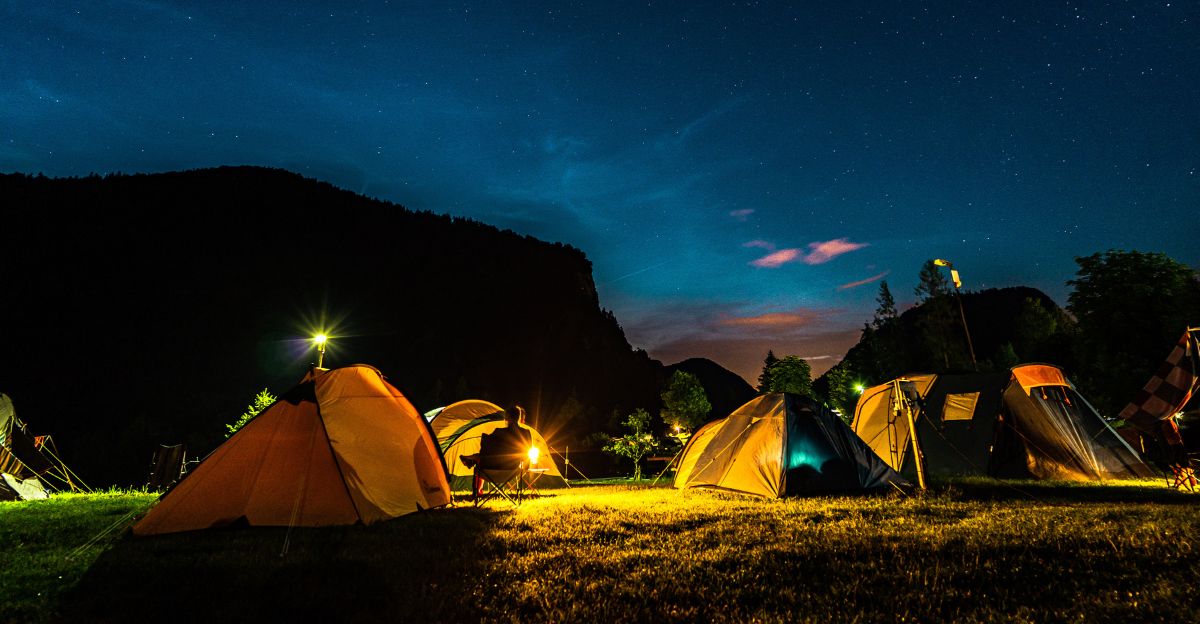
- One good tip is to wash your hands frequently.
- Treat all water sources before consumption
- Your first aid kit should be well stocked.
- Stay vigilant about wildlife encounters.
- Follow these precautions carefully, and you can enjoy your camping adventure without compromising your health! Camping provides an unforgettable experience of being surrounded by nature’s beauty with family and friends. But knowing how to minimize your health risks will make your trip a pleasure rather than a nightmare.
Explore more of our trending stories and hit Follow to keep them coming to your feed!

Don’t miss out on more stories like this! Hit the Follow button at the top of this article to stay updated with the latest news. Share your thoughts in the comments—we’d love to hear from you!







